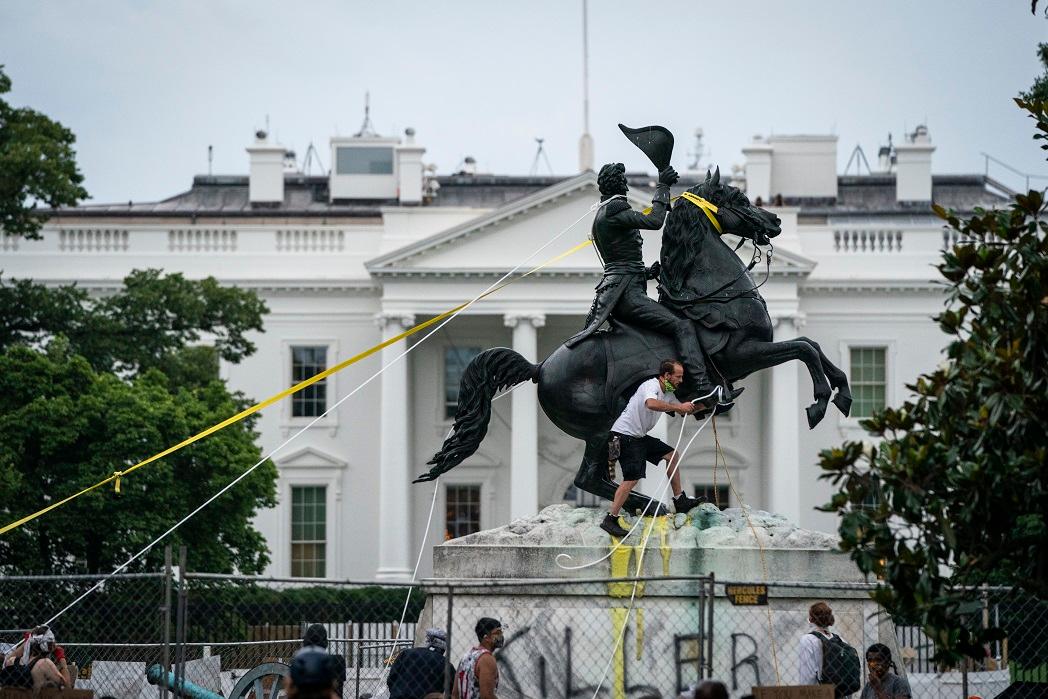Before it can decide whether a 2021 anti-riot law in Florida violates the U.S. Constitution, the 11th U.S. Circuit Court of Appeals is asking the Florida Supreme Court to define “public disturbance.”
The “Combatting Violence, Disorder, and Looting, and Law Enforcement Protection Act” (pdf), also known as HB 1, was signed into law by Florida Gov. Ron DeSantis on April 19, 2021. The measure was drafted in response to the riots that erupted in 140 cities across 20 states following the death of George Floyd in police custody in Minneapolis in 2020.





